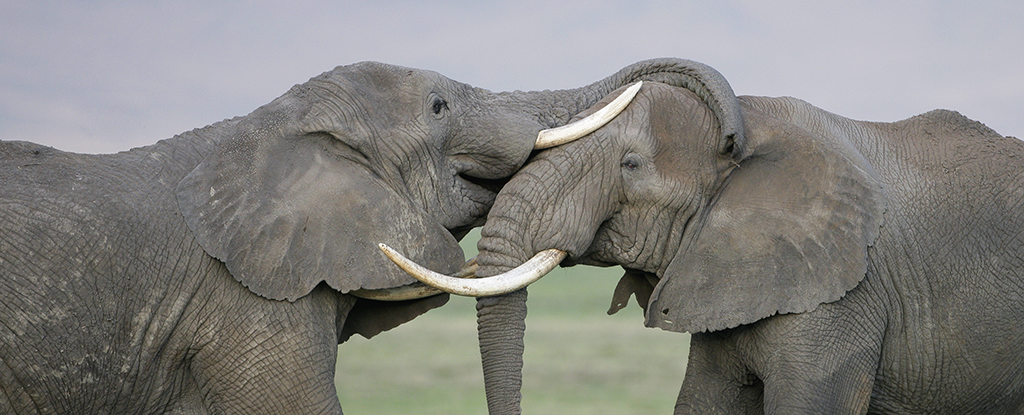Have you ever stopped to think about the role of elephants in preserving our planet’s environment? It turns out that forest elephants may be more important than we ever realized. A new study has found that these animals play a crucial role in the carbon cycle, and that if we were to lose them, we’d be doing a huge disservice to climate change mitigation.
In this blog post, we’ll take a closer look at the findings of this study, and discuss the importance of protecting these African elephants from extinction. We’ll also explore how their preference for certain trees helps to shape the rainforest canopy, and how this could have a massive impact on the global climate.
The research, conducted by biologists from Saint Louis University in Missouri, found that forest elephants are ‘thinning out’ the rainforest canopy by eating fast growing taller trees that capture less carbon. This creates more space and sunlight for the slower growing trees beneath which capture more carbon from the environment.
The team analyzed nearly 200,000 records of forest elephant feeding patterns in Africa, covering more than 800 individual plant species. They found that elephants prefer the lower carbon density trees due to their nutritional value, as they are more palatable and easier to digest.
In terms of fruit, however, the elephants prefer higher carbon density trees, which have bigger and sweeter fruit. This means that the elephants also help to distribute seeds for these carbon-heavy trees further around the forest. Some tree species can’t even survive without the help of these animals.
The study emphasizes the importance of protecting these African elephants, the largest animals walking on Earth. There are thought to be less than 500,000 African elephants in the wild now, down from 3-5 million during the last century. Ivory hunting accounts for this drastic reduction, with 80 percent of herds lost in some areas.
If we were to lose forest elephants, the rainforest of central and west Africa could lose 6 to 9 percent of its atmospheric carbon capturing capacity – further accelerating the warming of the planet. This means that preserving populations of critically endangered forest elephants is crucial not just for the animals themselves, but to protect the carbon-sucking capacities of the environments they live in.
Future studies are now planned looking at other regions and other species, to see how other large herbivores such as the Asian elephant and primates could affect rainforest health.
It’s clear that forest elephants play an important role in the global environment, and that we must do everything we can to ensure their survival. We must take their role in climate change mitigation seriously, and generate the support needed for elephant conservation.
Source: www.sciencealert.com
